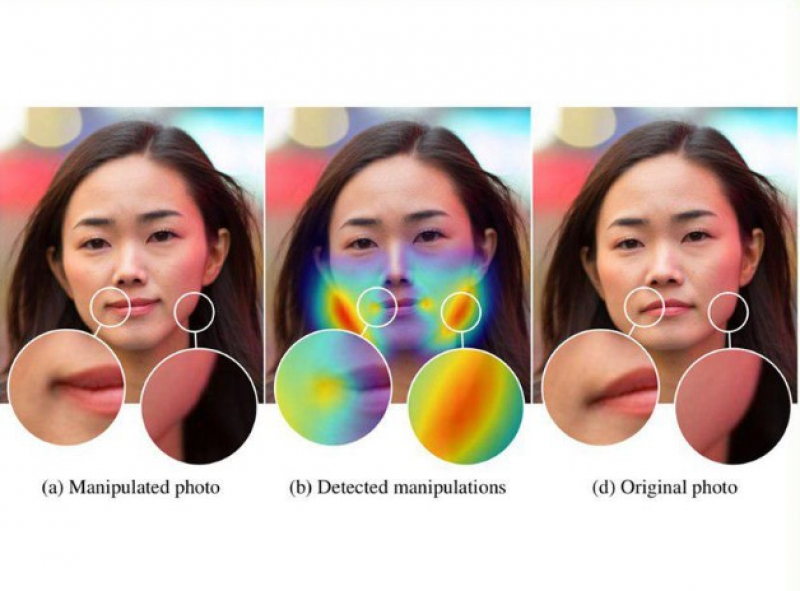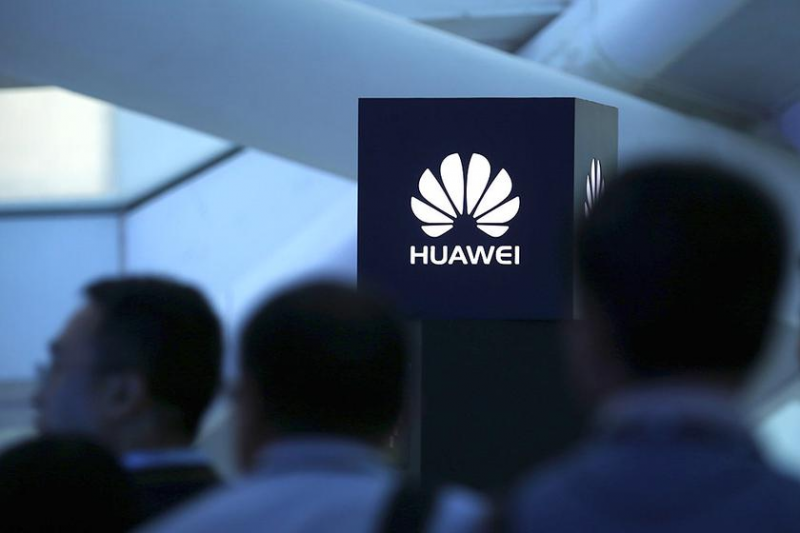News for those who like to embellish themselves in photos using Photoshop or some other programs. Adobe, together with the University of California at Berkeley, has created an artificial intelligence that can recognize an edited photo. The developers talk about a tool called "Plastics." It can change body parameters in a photo, such as making the waist thinner or smoothing the skin, as well as "tightening" a smile. The neural network has studied so many "before" and "after" photos that it now easily recognizes any photo treatment. The accuracy of the tool is 99%. Lovers of "photoshoping" should pay attention to it.

Mail.ru is testing the voice assistant "Marusya". There has been talk about its development since November 2018.
Learning "Marusya" will be with the help of a neural network. On the voice assistant spent about 2 million dollars.
"Marusya" will be able to order food. Read aloud the news, call a cab. At the same time, the voice assistant is likely to integrate other services, in addition to those of Mail.ru.
At the moment, the application is already being tested. On the site you can join the group of beta-testers by filling out an application.

U.S. component developers are trying to use their methods of influence to get the U.S. government to relax the boycott against Huawei. In the States, there is a question of banning at the legislative level the supply of components for the company, as it may contradict the interests of national security.
According to some media reports, suppliers from America will only be able to get permission to export products by special procedure.
Companies such as Intel, Xilinx and Qualcomm are going to put products and processors used in smartphones, wearable devices and other consumer gadgets on the list of allowed exports to China.

Huawei spent $70 billion on component purchases in 2018. 11 billion of that came from Intel, Qualcomm and Micron Technology. Now these companies are trying to find a compromise and not to break the law, but at the same time act in their commercial interests. In this case, the Chinese company itself denies any involvement in these actions on the part of American companies

 Русский
Русский





